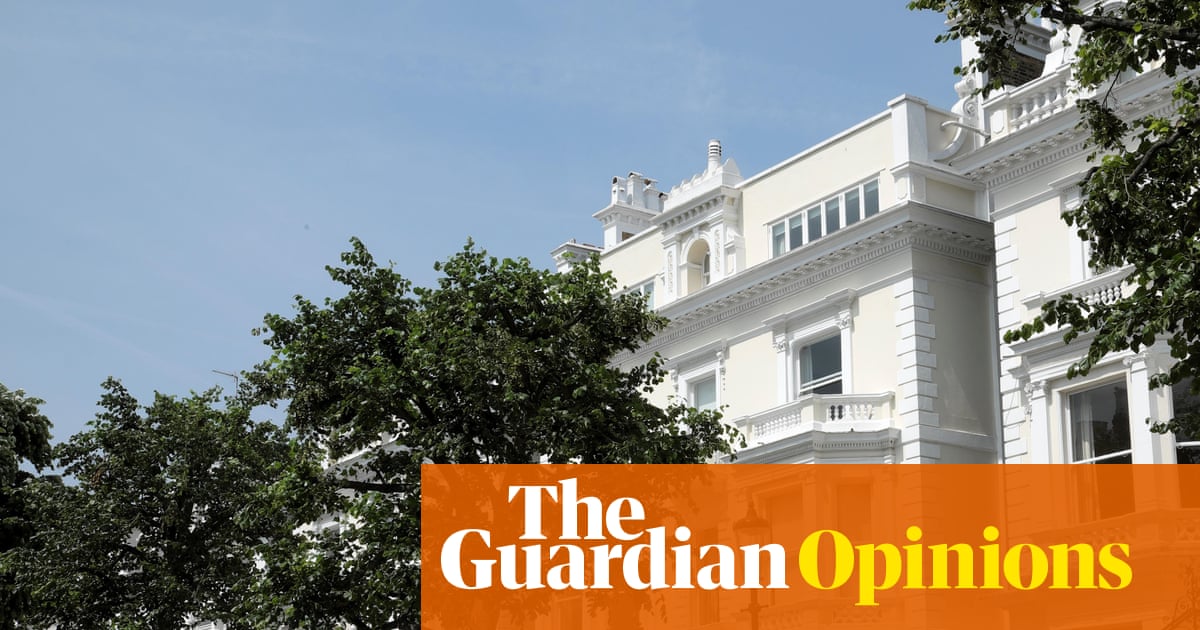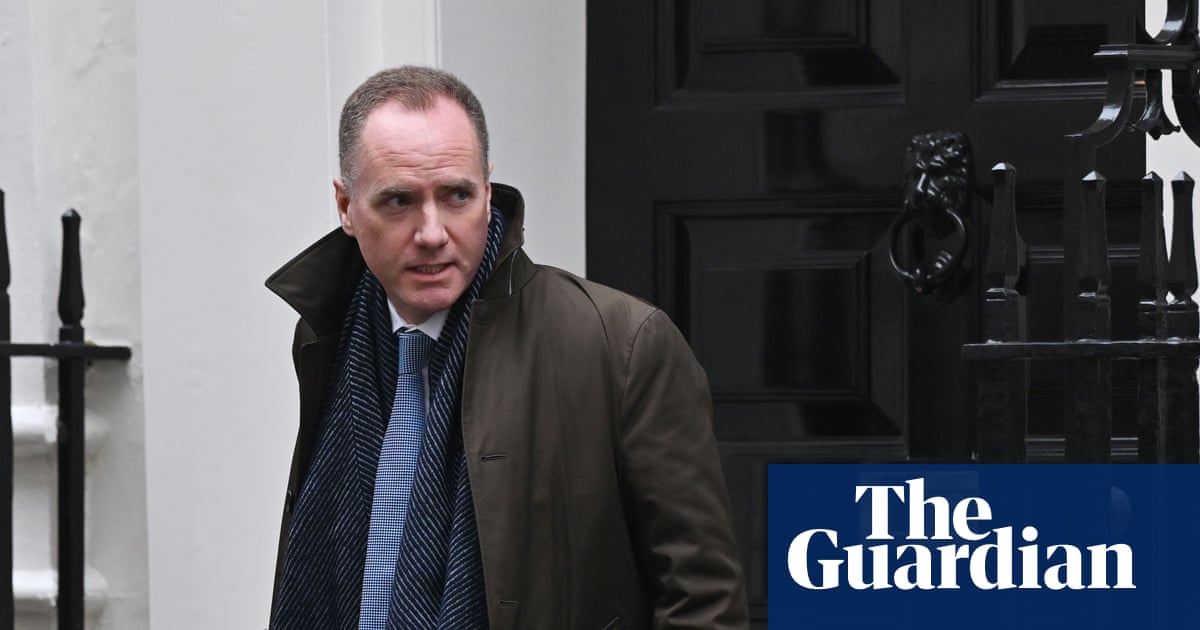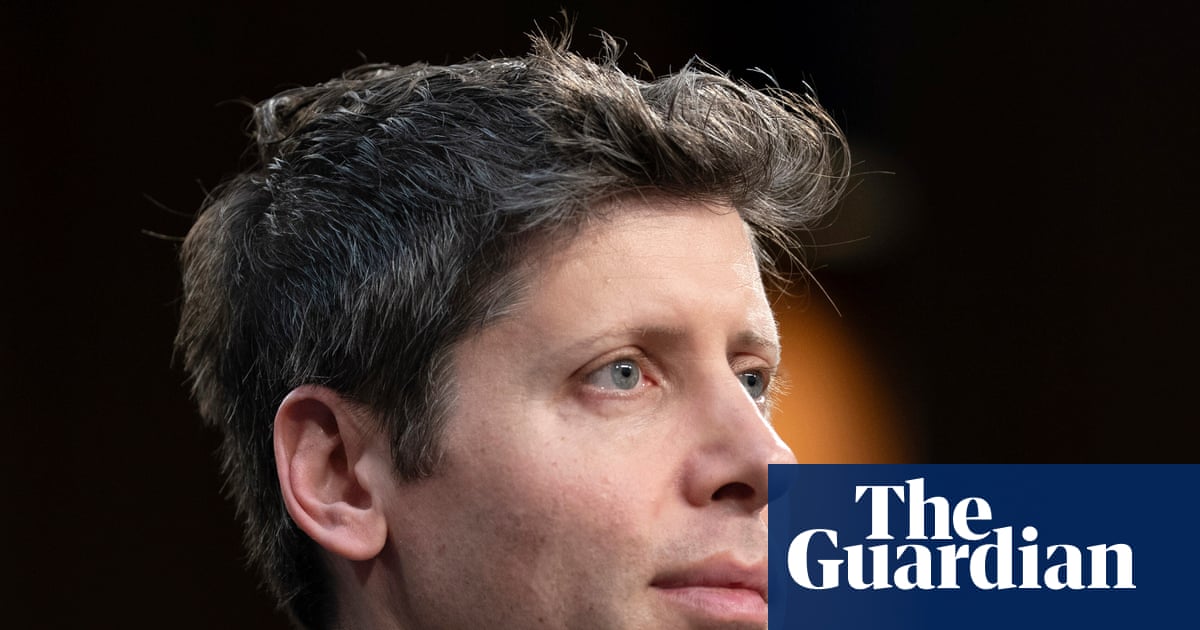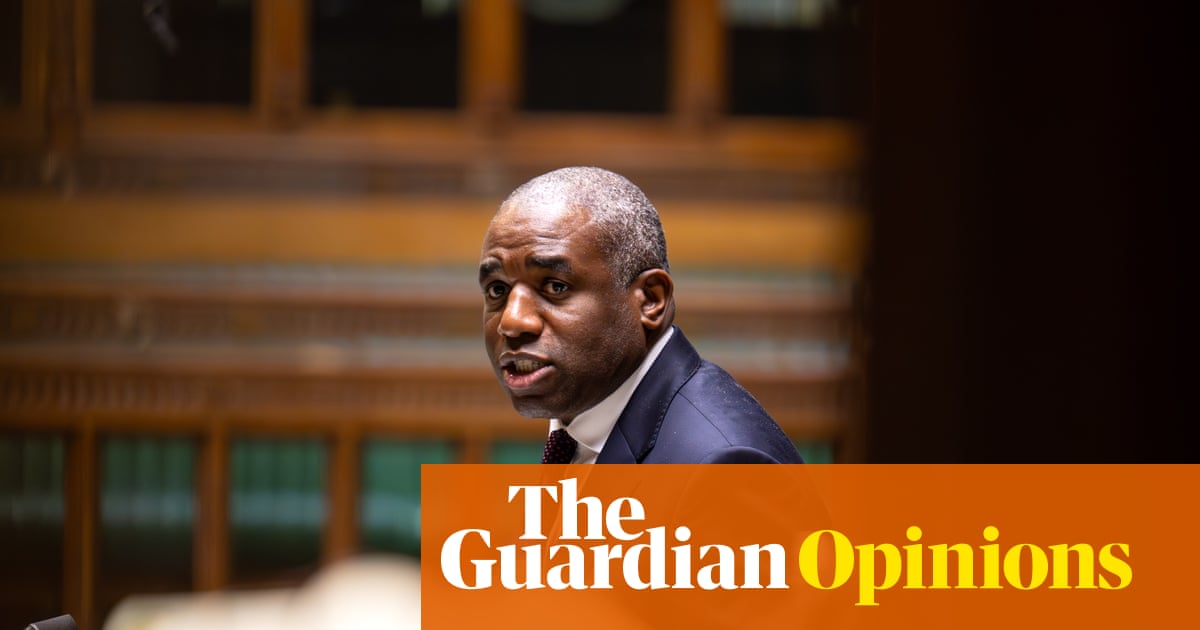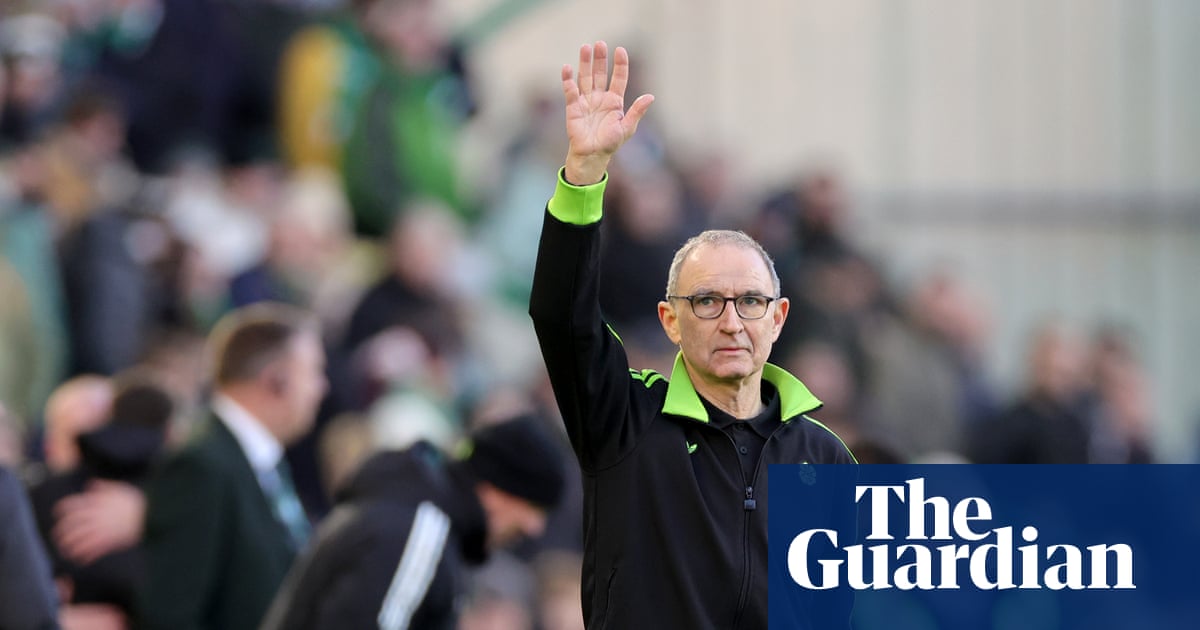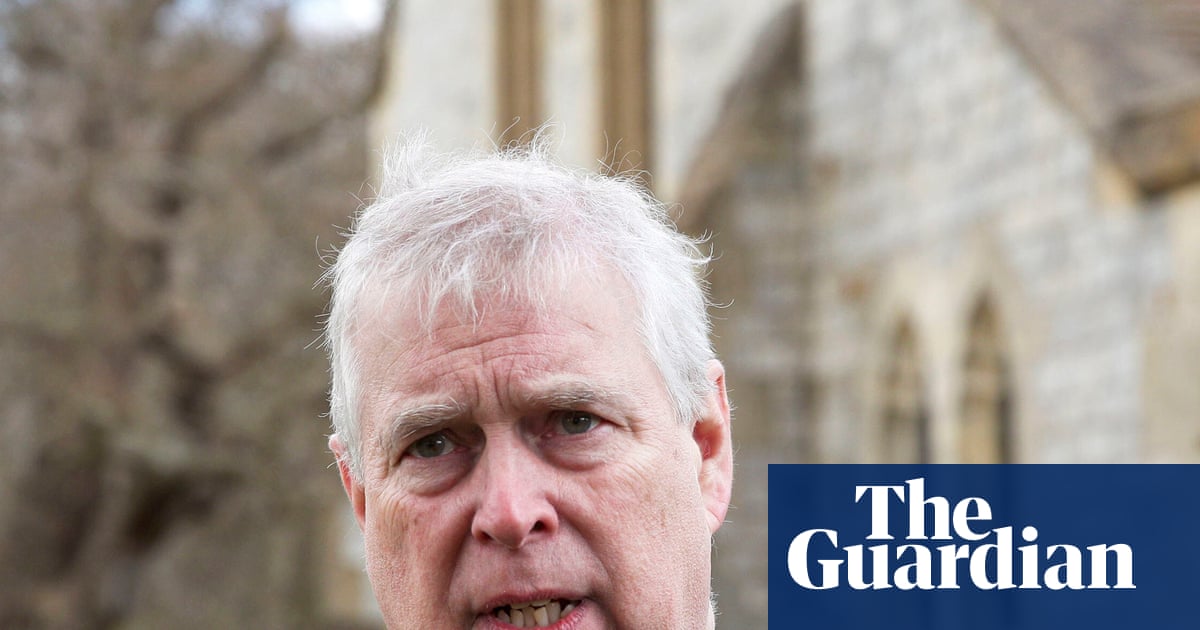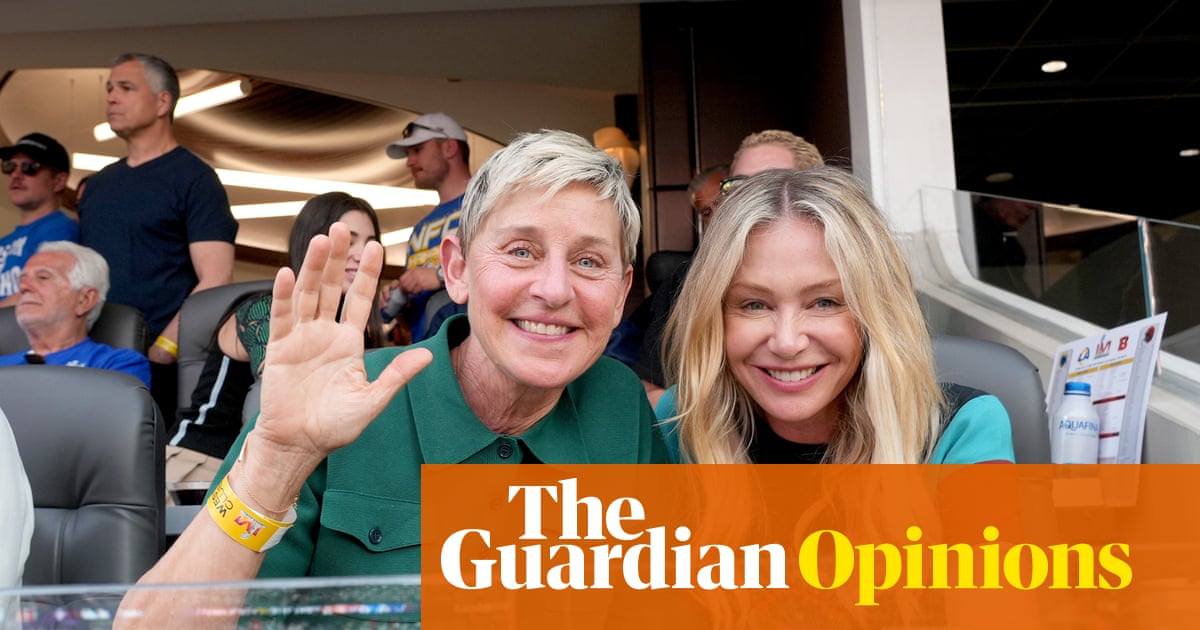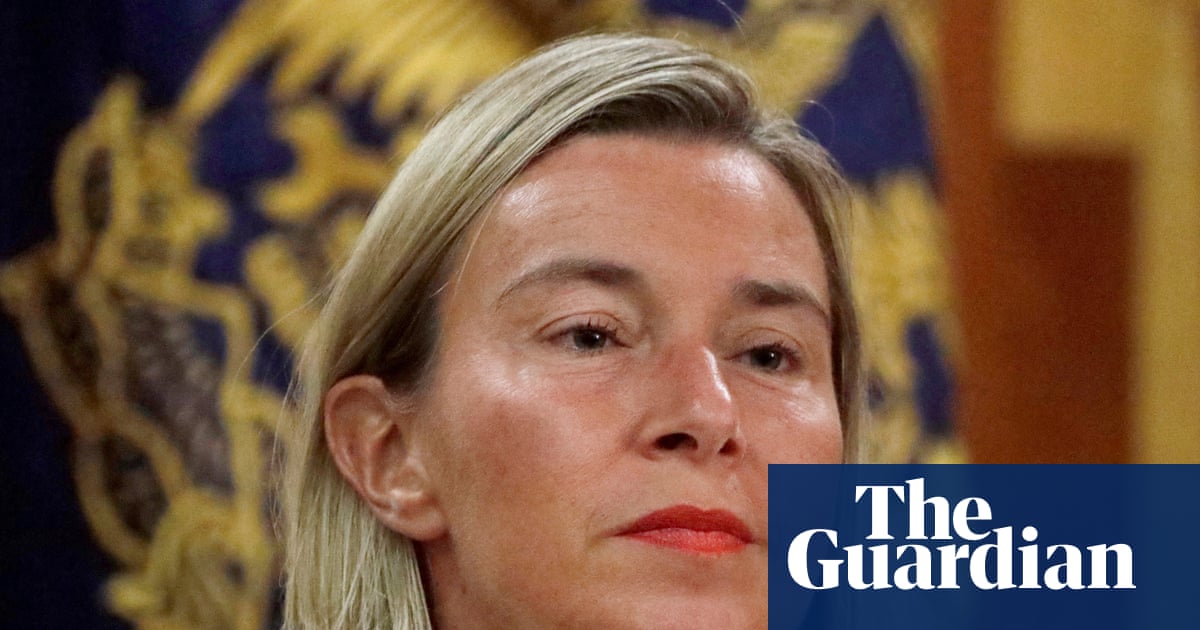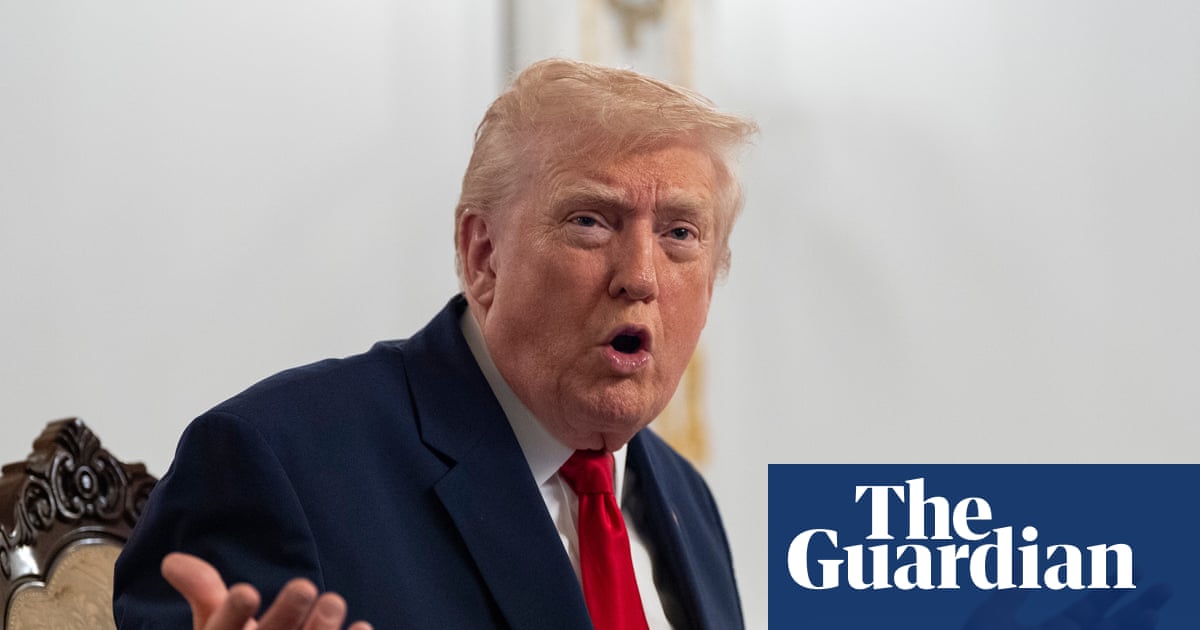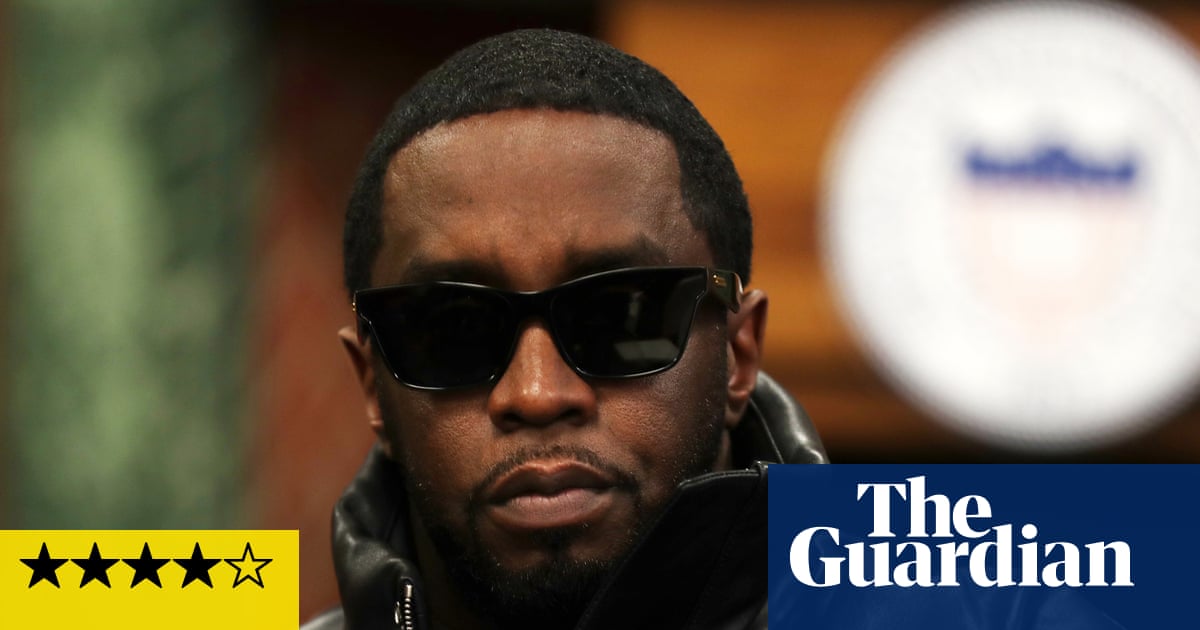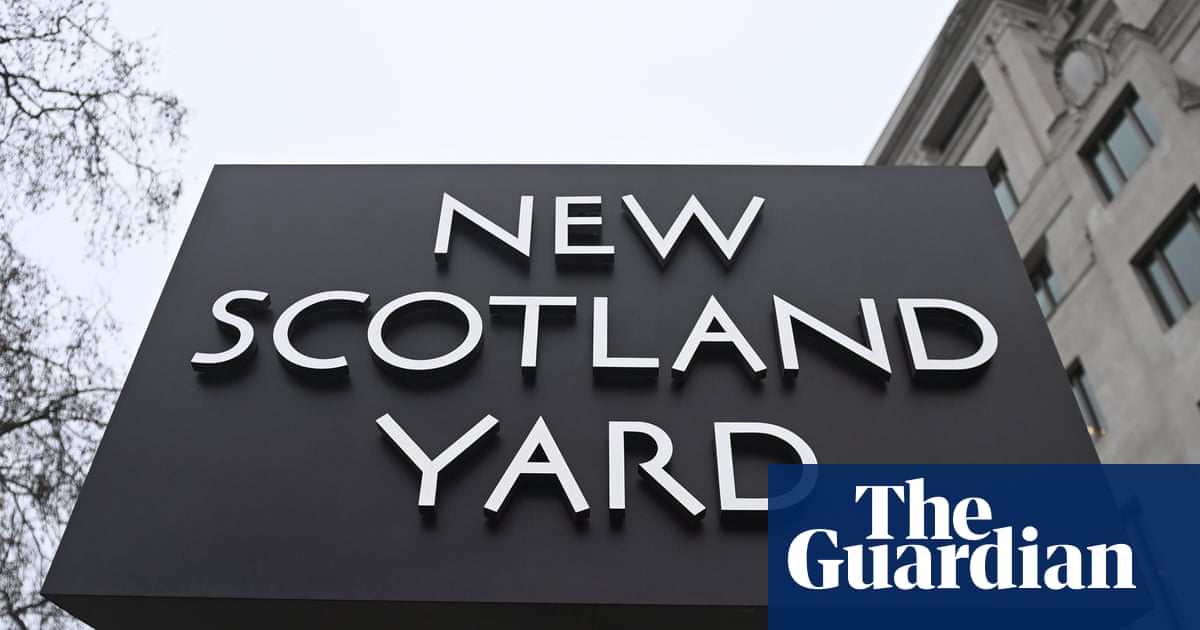The BBC I joined on my first day of professional journalism – 40 years ago this week – is unrecognisable today. While, for most of its history, the corporation had largely defended the status quo, under the director general at the time, Alasdair Milne, its journalists were sometimes allowed to stick it to power. This, I believe, is what journalism exists to do – and seldom does.
As a student, I’d hammered on the doors of the BBC’s Natural History Unit, insisting there was a major gap in its coverage: investigative environmental reporting. If they took me on, I argued, I could help them fill it. The phone rang as I was leaving the house for one of my final exams. It was the head of the unit, saying: “You’re so fucking persistent you’ve got the job.”
My immediate boss, the head of radio, instructed me to “get the bastards”. Investigative journalists were much freer then. It was easier to obtain permission to set up a fake company, pose as a buyer and penetrate criminal networks and unethical corporations.
We broke some big stories. On one occasion, we amassed powerful evidence to suggest that a ship leaking oil on a sensitive coastline had been deliberately scuppered. That programme won a Sony award. On another, I had the head of customs in Abidjan, in Ivory Coast, offering to sell me chimpanzees for experiments. It was gripping and felt meaningful: we could see the difference we made. This was all I ever wanted to do, and I thought I was set up for life.
On 29 January 1987, disaster struck. The BBC’s investigations had infuriated the Thatcher government, particularly the Secret Society series, which had exposed clandestine decision-making, and the Panorama programme Maggie’s Militant Tendency, alleging far-right views among senior Conservatives (which they denied). The BBC board forced the resignation of Alasdair Milne. The following day, when my boss came into the office, he told me: “That’s it. No more investigative journalism.” How can you have journalism if it’s not investigative, I countered. “Don’t tell me that. It’s come from the top.”
It wasn’t just my career that hit the buffers: it was my worldview. I had naively believed that humanity’s problem was an information deficit. Shine a light and change would follow. Now, I began to see, while the pen might be mightier than the sword, the wallet is mightier than the pen.
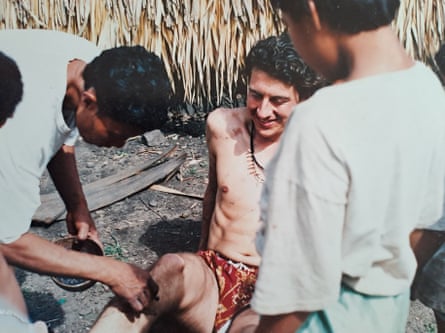
I was recruited at the tail end of the “great compression”: a period of radically lower inequality. The two world wars had destroyed much of the political power of capital, enabling high taxation of the very rich, the creation of a welfare state and a widening spectrum of politics and opinion. Since then, as the money and power of the very rich have multiplied once more, the governments they support have sought to crush dissent. The process is accelerating, as the suspension of Jimmy Kimmel’s show and exclusion of ABC from Trump’s press conference in the UK suggest.
When Milne was sacked, I had been working on our biggest investigation yet: into the transmigration programme in Indonesia run by the Suharto dictatorship – and funded by the World Bank and, indirectly, the UK and US governments. The policy involved moving hundreds of thousands of people to the country’s outer islands, to displace and corral local populations. It was a brutal, ecocidal and, in West Papua, genocidal scheme. I sold the story to a publisher instead. But I felt unready, so I took a six-month job producing current affairs at the BBC World Service. It was an excellent schooling in global politics, but I realised I could never thrive in a newsroom. On a slow news day, we were debating the lead for our programme among several dull options. Ten minutes before transmission, the editor strode into the studio, clapped his hands and announced: “Great – 110 dead in Sri Lanka!”
I spent the next six years working freelance in the tropics, investigating some extremely dangerous stories, scraping a living by writing books and making occasional radio programmes. When I returned, I found the BBC and other broadcasters had become furiously hostile to environmental programming. I decided to try print.
I entertained another crazily naive belief: that I should work only for the rightwing press, reaching people who would otherwise never see such stories. I managed to place a couple of articles in the Telegraph, though they were severely trimmed and relegated to the back pages. I knew a sympathetic junior editor at the Daily Mail, who commissioned me, across three years, to write 21 articles. All but one were spiked by her seniors. Finally, I had one published, on the impacts of car pollution. Discussing my proposal, an editor had asked me: “So what’s the solution? More research?” No, I answered, “stronger regulation”. Reading the published article, I discovered that the solution was “more research”.
I finally saw the bleeding obvious: you cannot speak truth to power if power controls your words. I was lucky to be taken on by the Guardian. It remains among the very few mainstream outlets, anywhere, in which you can freely criticise the real elite.
after newsletter promotion
Three weeks ago, after a long absence, I appeared on the BBC’s Moral Maze, to discuss media power. I was shocked to discover how far things have gone. The Telegraph columnist Tim Stanley “argued” that the media can’t be predominantly rightwing, because GB News says it has been “captured by the loony left”. The rightwinger Inaya Folarin Iman called the idea that billionaires influence the media they own a “grand conspiracy” and “false consciousness”. Such people are now so dominant that they no longer even have to make sense.
Power is the rock on which truth founders. It will always find willing enforcers: no one ever lost money by telling billionaires what they want to hear. The mainstream media, with a few exceptions, is a single-issue lobby group, whose purpose is to assert the rights of capital.
But perhaps the ground is shifting. Citizen journalism is flowering, through the Bylines network, openDemocracy, Double Down News , Novara, Declassified and DeSmog, and in particular at the local level. Most established local newspapers are a graveyard of good journalism. But they’re being pushed aside by innovative new outlets, such as the Bristol Cable, Glasgow’s Bell, View Digital in Belfast, Manchester’s Mill, the Leicester Gazette, West Country Voices , Birmingham’s Dispatch, the Oxford Clarion, the Hastings Independent, the Waltham Forest Echo, Inside Croydon, the Sheffield Tribune and the Liverpool Post.
Something is stirring; something that could become very big – a citizens’ revolt against the propaganda of power. We fight for the day on which the pen beats the wallet.
-
George Monbiot is a Guardian columnist

.png) 2 months ago
45
2 months ago
45
